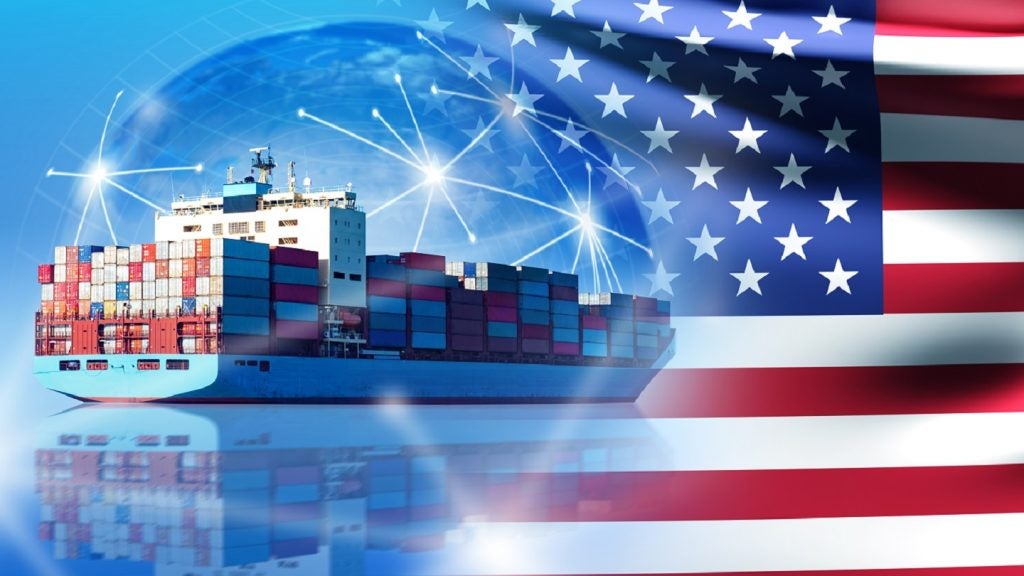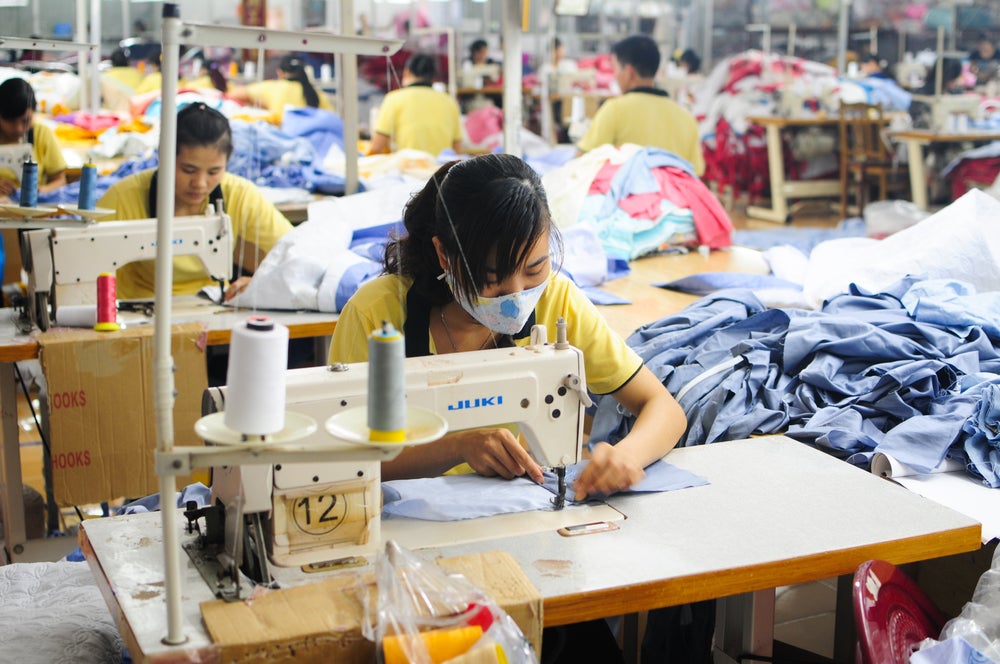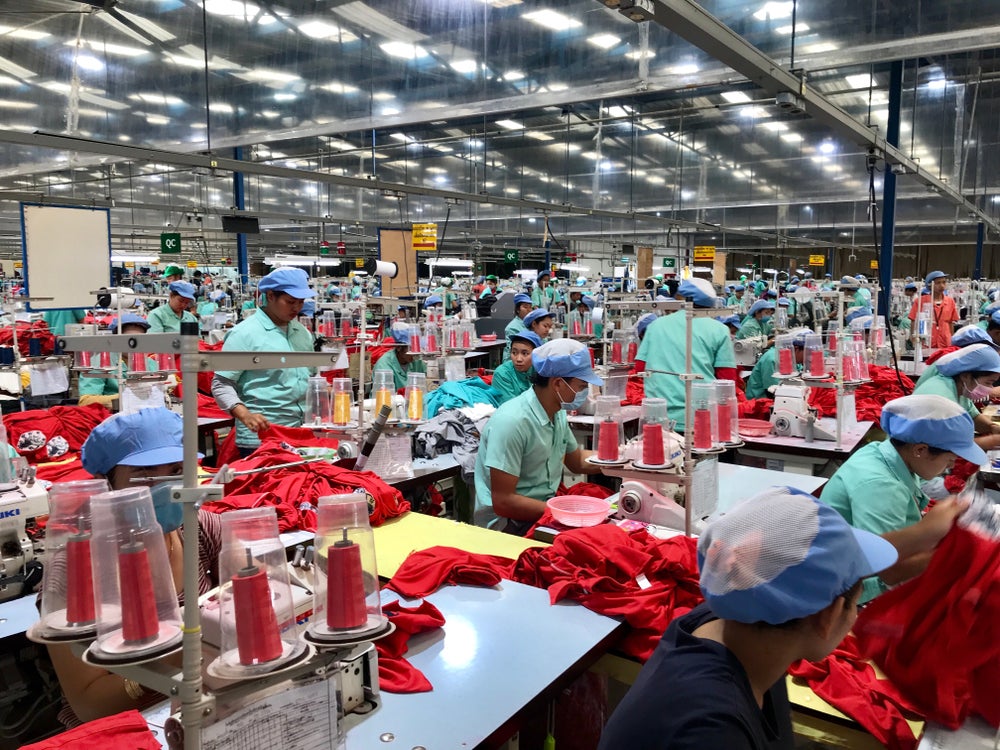Introduced in July, it seeks to address the persistent issue of US trade law violations by entities based within the People's Republic of China (PRC).
The bill was put forward by Representative Ashley Hinson (R-IA) with the support of chairman John Moolenaar (R-MI) and ranking member Raja Krishnamoorthi (D-IL), all members of the Select Committee.
These violations, which include fraud, duty evasion, and transhipment, violate the US trade laws and have been detrimental to the US economy, resulting in significant job losses for American workers.
Despite a significant number of cases related to trade crime, the US Department of Justice (DOJ) has not allocated sufficient resources for prosecuting these offences.
The new legislation mandates the creation of a new unit within the DOJ's Criminal Division specifically tasked with addressing international trade crimes. It seeks to improve detection, investigation, and prosecution efforts against trade fraud and other related illegal activities.
Key provisions of the bill:
1. The formation of a task force or equivalent entity within the DOJ to handle investigations and prosecutions of trade-related crimes.
2. Strengthening nationwide initiatives against trade offences through training programs, technical support for federal, state, and local law enforcement agencies, expanded investigative and prosecutorial efforts, and concurrent criminal and civil enforcement proceedings.
3. An obligation for the Attorney General to provide Congress with an annual report detailing the DOJ's actions in this domain, including statistics on trade crimes and funding details.
Prior to the bill's passage in the house, John Moolenaar said: “Today, Chinese companies habitually violate US trade laws. They go around our country’s tariffs and this harms US manufacturers, undermines workers, and diminishes American competitiveness.”
In August, the Select Committee on the CCP held a roundtable in Wisconsin, where Americans from various industries discussed how Chinese companies are violating the law and devastating their businesses. The testimonies highlighted that the civil penalties imposed on the few companies caught bypassing US trade regulations are insufficient to deter CCP-backed trade fraud.
Ranking Member Krishnamoorthi, Congresswoman Hinson, and other bipartisan members of the Select Committee advocated for Congress to pass legislation that would impose criminal penalties for trade violations, serving as a genuine deterrent to the CCP’s coordinated economic pressure tactics.
“As the House considers this bill, I am committed to working with my colleagues on the Appropriations Committee to ensure the prosecutors hired to criminally enforce our trade laws are fully funded. In the face of China’s economic onslaught against our country, we must ensure these prosecutors have the resources they need to enforce tariffs, protect American workers, and stop the CCP from taking advantage of the United States,” John Moolenaar added.
In a separate legislative move, Moolenaar introduced the Restoring Trade Fairness Act aimed at withdrawing China’s Permanent Normal Trade Relations (PNTR) status.
This status was granted in 2000 when China was on the verge of joining the World Trade Organization (WTO), under the expectation that it would lead to economic liberalization and fair-trading practices by China's government.
However, this expectation has not been met over the past two decades; instead, there have been negative impacts on US manufacturing, intellectual property rights infringements due to Chinese economic policies, and an escalation in tensions as China becomes a major competitor on the global stage.














